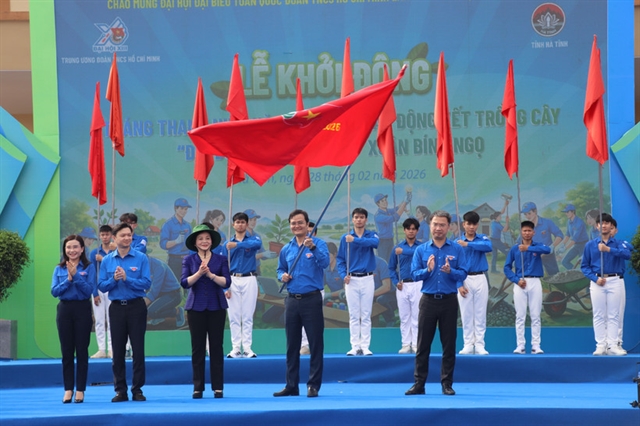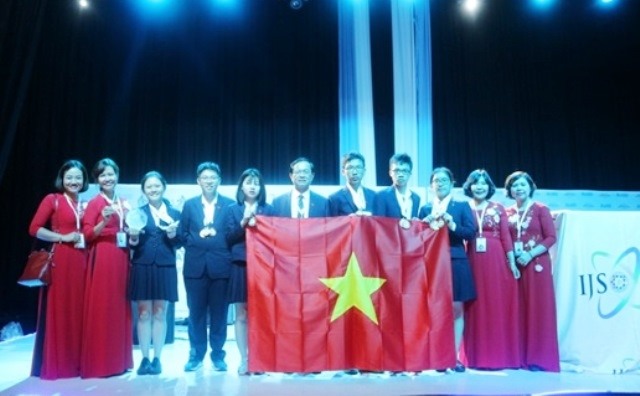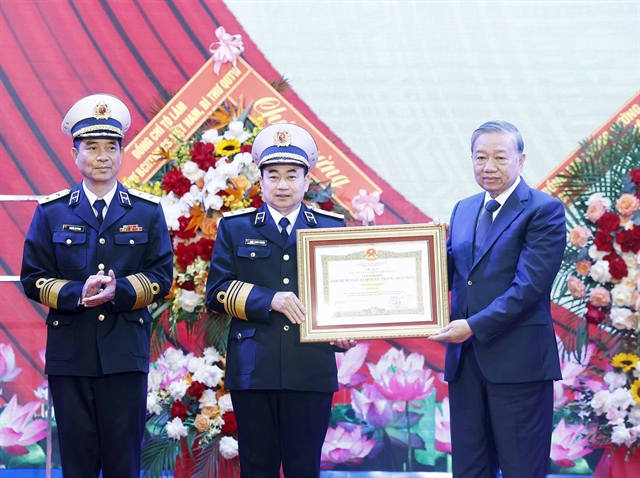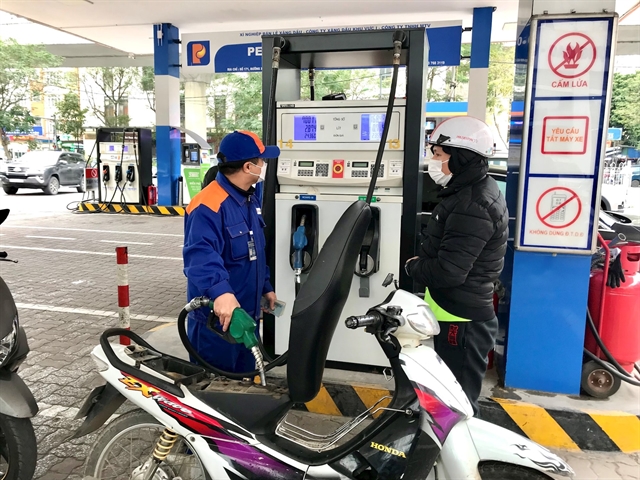 Society
Society

All six students on Việt Nam’s team in the 15th International Junior Science Olympad (IJSO) held in Botswana from December 2 to 10 pocketed medals, including four gold medals and two silvers, the Vietnam News Agency reports.
 |
| Việt Nam’s team at the 15th IJSO - VNA/VNS Photo |
HÀ NỘI — All six students on Việt Nam’s team in the 15th International Junior Science Olympad (IJSO) held in Botswana from December 2 to 10 pocketed medals, including four gold medals and two silvers, the Vietnam News Agency reports.
The medals headlined the country’s best result in its nine years of participation in the competition, with the team securing third place out of 44 countries and territories behind Chinese Taipei and Thailand.
Tenth grader Nguyễn Mạnh Quân from Hà Nội – Amsterdam High School for the Gifted won a silver medal in Best for Theory while the group of Nguyễn Lê Thảo Anh, Vũ Quỳnh Chi and Lã Triều Dương won a gold medal in Experiments.
According to Hồ Quốc Việt, Việt Nam’s team leader, leading scientists set challenges that required skills of deduction and analysis. This year’s questions focused on the ecological and environmental problems of Botswana and the world.
Participants took three 180-minute tests including a multiple-choice test, a theory test and practical experiments on the topics of Physics, Chemistry and Biology.
Speaking at a meeting with the Việt Nam team, the Vietnamese ambassador to South Africa and Botswana Vũ Văn Dũng congratulated the students on their achievements and expressed his hope that they continue with excellent performances at other competitions.
Held for the first time in Jakarta, Indonesia in 2004, IJSO has been hosted in different countries around the world to challenge, stimulate and encourage students to perform their talents and pursue their passion in natural sciences.
The competition also offers educators a chance to share their experiences to improve education quality and accelerate global science education. — VNS




